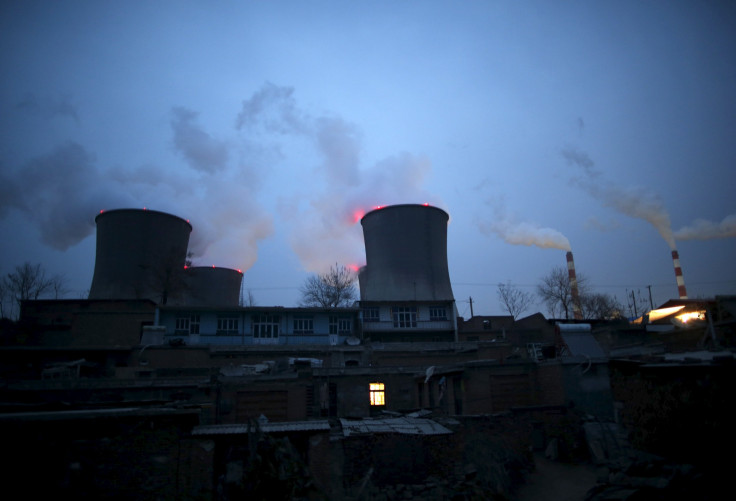Will Climate Change Undo 50 Years Of Global Health Progress? Report Finds Billions In Added Health Costs, Thousands Of Lives At Risk

The progress made in the last 50 years on global health could be undone by climate change, a report released Monday by the 2015 Lancet Commission on Health and Climate Change indicated. The report, which was released on the same day as an Environmental Protection Agency report on climate change costs, said changes to climate could impact a variety of medical conditions from allergies to the spread of disease.
Beyond health, the EPA report also said the costs associated with climate change could be very high. For example, the expected damages to coastal properties from rising sea levels could cost $5 trillion in the rest of the century. Climate change is associated with an increase in the number of severe weather conditions like hurricanes and droughts.
“Climate change is a medical emergency,” Hugh Montgomery, director of the University College London’s Institute for Human Health and Performance and Lancet commission co-chair, said in a press release. “It thus demands an emergency response, using the technologies available right now.”
The report mentions $14 billion in medical costs associated with Hurricane Katrina and several other incidents related to climate from 2002 to 2009. Spending was boosted by higher costs associated with emergency room visits and other illnesses that popped up.
The Obama administration has been relatively vocal about the effect measures to combat climate change could have. As many as 57,000 lives could be saved by 2100 if just air quality is improved. The EPA report also says changes could result in more than $40 billion in saved costs from changes to power systems, sea levels and road improvements.
"The report finds that we can save tens of thousands of American lives, and hundreds of billions of dollars, annually in the United States by the end of this century, and the sooner we act, the better off America and future generations of Americans will be," EPA Administrator Gina McCarthy said.
The Obama administration has recently rolled out several presidential executive actions to mitigate the speed of climate change, including curbs on vehicle fuel economy, curbs on the emissions from power plants and curbs on the emissions of commercial air travel.
© Copyright IBTimes 2025. All rights reserved.






















